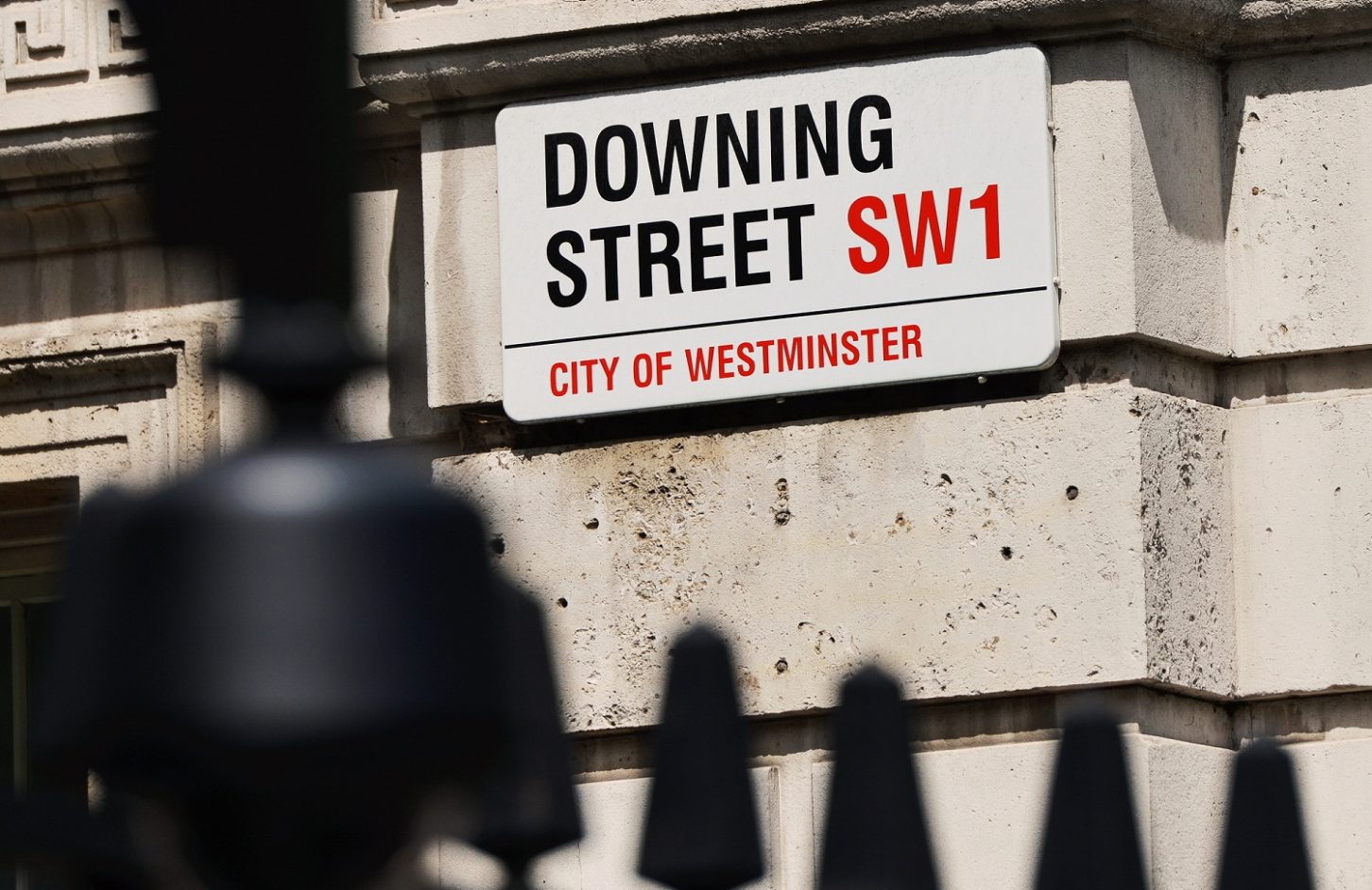Today will see the UK’s Chancellor of the Exchequer George Osborne reveal the details of his 2016 Budget.
We spoke to members of the UK’s burgeoning tech scene to find out what they would like to see come out of today’s budget announcement.
A ‘good time’ for UK tech
Russ Shaw, founder of Tech London Advocates, said: “This budget comes at a time when UK tech is riding high. SwiftKey exited to Microsoft recently for $250m dollars, London-built DeepMind has beaten the world champion at Go ten years earlier than experts predicted, and autonomous cars will be on our roads in the next four years. These came about through the UK’s culture of entrepreneurship, and this budget is a wonderful opportunity to build further upon this culture.
“The Enterprise Investment Scheme (EIS) and Venture Capital Trust (VCT) have provided vital investment for tech startups that need a leg up. Tech investment in the UK trails behind the US, and we should make it as easy as possible for people to invest in smaller startups with varying risk profiles. The number of companies benefiting from EIS is growing considerably and I would like to see these schemes protected and extended.
“I welcome the news that the Chancellor will be investing in Crossrail 2, showing this entrepreneurial spirit and helping to ease London’s transport issues. With interest rates this low and confidence in the UK high, now is the time to spend on other areas such as superfast broadband, SME investment incentives and a tech talent pipeline. This brave move would pay for itself before long and help UK entrepreneurship climb even further internationally.”
Seizing the opportunity
Chris Haley, head of startups and new technology research at Nesta, called out fore more support: “Given the importance of startups and scale-ups to the economy, we hope the Chancellor will seize the opportunity to extend the Small Business Rates Relief scheme to coworking spaces, accelerators and incubators.
“At the moment, small businesses themselves qualify for lower rates, but organisations that house numbers of them together often do not – unless they’re in an enterprise zone or a local authority uses its discretionary powers – meaning costs have to be passed down, potentially stifling the very partnership working and innovation that these hubs promote.
“Any changes to Entrepreneurs’ Relief, which was tightened last year, or the Enterprise Investment Scheme and Seed Enterprise Investment Scheme would present a stumbling block. The latter have played a significant part in the UK’s crowdfunding story.”
Embracing digital and mobile
David Moody, VP and global practice leader, government and public sector at Verint, commented on the impeding budget announcement, calling out for government and public sector organisations to embrace digital and mobile to drive deeper engagement with citizens and more streamlined levels of service.
He continued: “However, in so doing a careful balance must be reached, as the most effective strategy will not completely replace human with digital interaction. We must tailor services to suit the needs of the community and the circumstances of the task at hand. For instance, many may prefer dealing with a person directly when talking about sensitive enquiries rather than through digital chat channels for more routine activities.
“The UK is undoubtedly making positive strides but, for digital innovation to be a success within government planning now and in the future, it is essential that we have an in-depth understanding of how best to implement technology to better serve citizens countrywide. From moving the appropriate services online, offering the right training and support to staff, and assisting end users to navigate new technology, there is a lot more to be done before we realise a truly digital public sector – but if achieved, the benefits will far outweigh the time and costs invested.”
Fostering northern tech
James Blake, CEO of big data analytics firm Hello Soda, founded in Manchester three years ago, spoke about the need to foster innovation in the UK’s northern regions:
“The north of England has already made huge strides in growing as hub for businesses. Now that we have a strong foundation, it’s vital that we build on the success to date to create a viable and sustainable economic future for the region. Improving transportation links in the north to major cities across the UK will allow businesses to be better connected and compete on a fairer ground.
“As a startup, we would have like to see the Chancellor introduce greater tax relief for staff hires. When you’re growing fast you need people. However, 25% of staff costs are tax which means that we can’t hire as fast and therefore aren’t just growing slower but aren’t creating the jobs that our economy needs. For us, this is just short sighted,” Blake concluded.
Simon Acott, business and partner development director at British cloud and network provider Exponential-e, agreed with Blake.
“With this Budget, the government must end decades of slow northern growth. It must take the initiative on developing essential digital infrastructure in regional cities, such as putting resources into heavy-duty networking capabilities to serve growing business hubs, or delivering on promises to install premium-grade broadband in business districts across the North.
“Furthermore, if tech talent is to be fostered across the whole of the nation, the government must also ensure that training programmes and apprenticeships are developed outside the M25. The predicted wage increase for apprentices is a move in the right direction, but more help is needed. Young businessmen and women should be given a supportive environment in which to develop the high-level business competences required to succeed. A strong skills-based strategy will be key to fostering a new generation of British entrepreneurs. In turn, this ensures the UK can continue to compete in the global economy,” commented Acott.

